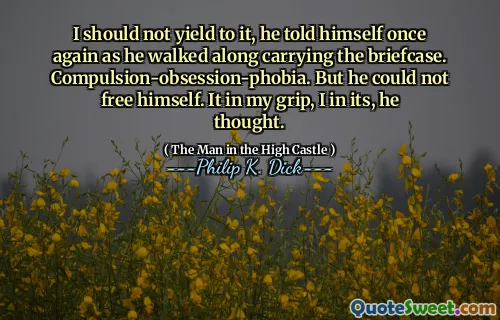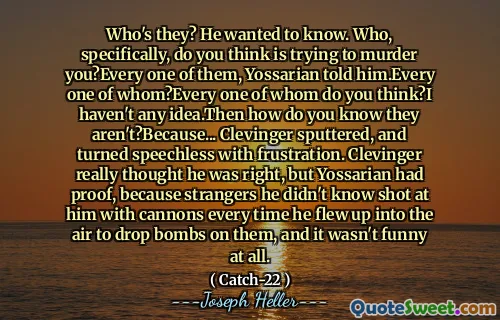Democracy in America was never the same as Liberty in Europe. In Europe Liberty was a great life-throb. But in America Democracy was always something anti-life. The greatest democrats, like Abraham Lincoln, had always a sacrificial, self-murdering note in their voices. American Democracy was a form of self-murder, always. Or of murdering somebody else... The love, the democracy, the floundering into lust, is a sort of by-play. The essential American soul is hard, isolate, stoic, and a killer. It has never yet melted.
D.H. Lawrence's observations on American Democracy highlight a stark contrast with European notions of liberty. He suggests that while liberty in Europe is seen as vibrant and life-affirming, American Democracy embodies a spirit of sacrifice and self-neglect. Prominent figures in American history, such as Abraham Lincoln, are viewed as embodying a tragic, self-destructive aspect within the democratic ethos, indicating that this form of governance may lead to both personal and collective harm.
Lawrence argues that the American spirit is characterized by isolation, stoicism, and an underlying propensity for violence. He perceives the engaging, passionate pursuits often associated with democracy as secondary to a deeper, harsher essence. The American identity, according to him, has not fully embraced warmth or connection, remaining instead rigid and unyielding. This critique reveals a complex relationship between democracy and the human experience in America, suggesting that the nation's values may inhibit genuine emotional and social fulfillment.



